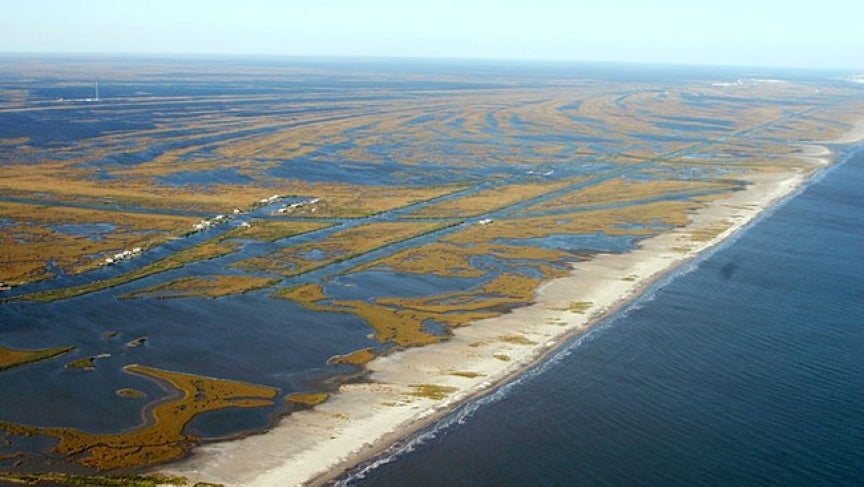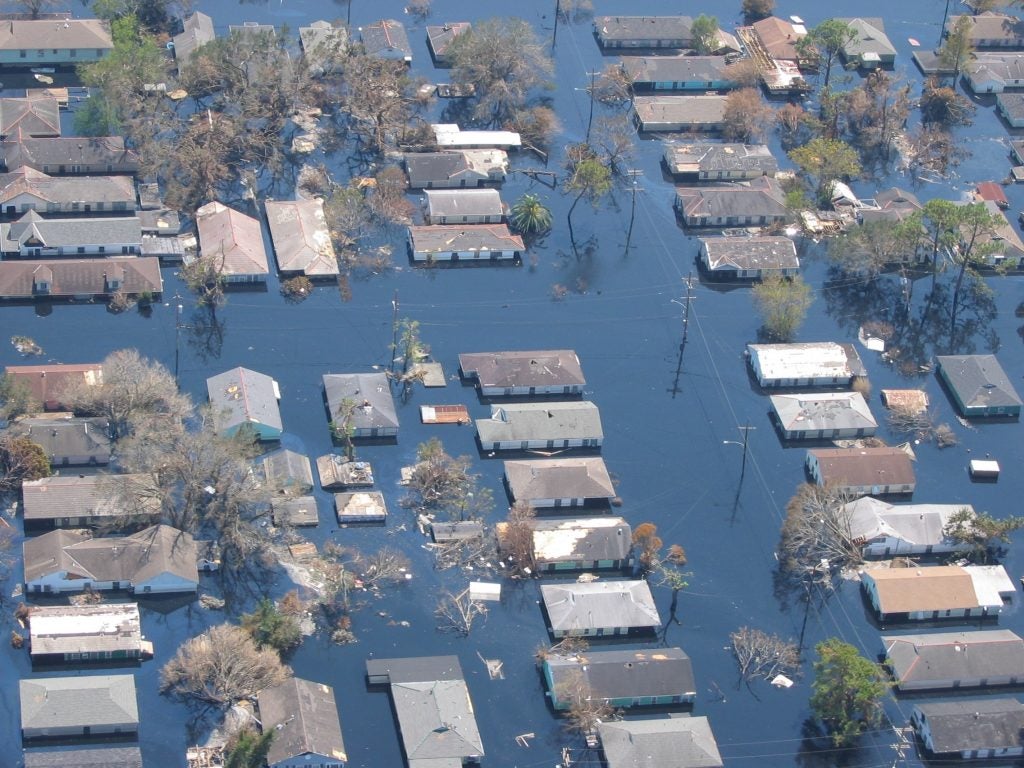Ecosystem restoration planning has traditionally been based on a desire to restore a system to some historic condition – even as conditions are constantly evolving because of climate change. Rather than planning for the future, we often look back at what the system once was and try to replicate it. But in a rapidly changing world, this model is not sustainable.
A paradigm shift, from restoration projects that solve past problems to those which address future conditions, is necessary if we’re to continue living in coastal areas.
Where I work in Louisiana, the Mississippi River Delta is facing an ongoing land loss crisis, due to a host of man-made and natural causes that is further exacerbated by the increasing effects of climate change.
To face this challenge, my Restore the Mississippi River Delta coalition colleagues and I, in collaboration with Tulane University, University of New Orleans and The Water Institute of the Gulf, began an effort to improve the future performance of coastal restoration projects. We started by identifying approaches and investment opportunities that support the long-term viability of the ecosystem – and the communities and industries that depend on it.
It’s our hope that this work will help Louisiana and other coastal areas around the country better plan for the future. Read More











